
Home
Publications
Publications
Showing 0 to 0 of 0 results
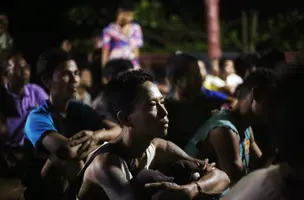
Statements
2025-07-02T09:21:44
ASEAN Foreign Ministers Must Act Now to Free Myanmar’s Political Prisoners, Say Southeast Asian MPs
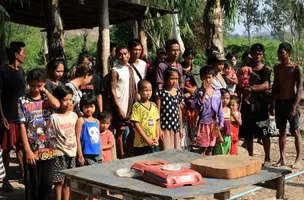
Statements
2025-05-30T10:03:16
ASEAN’s Statement on Expanded Ceasefire Falls Short; Myanmar Crisis Needs Concrete Measures, Says APHR

Statements
2025-04-03T09:10:12
Southeast Asian Lawmakers Condemn Myanmar Military’s Obstruction of Earthquake Relief Efforts
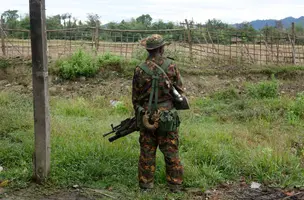
Statements
2025-01-11T14:39:27
APHR Condemns Myanmar Military’s Atrocities in Rakhine: Urgent Call for Action
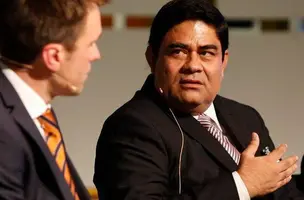
Podcast
2024-06-25T17:13:21
ADVOCATE: Myanmar, Rohingya, and What ASEAN Can Do with U Shwe Maung
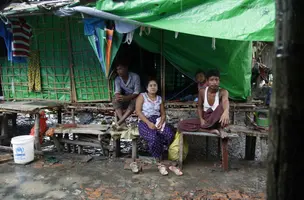
Statements
2021-01-21T01:21:57
As Foreign Ministers meet, ASEAN urged to step up its Rakhine response
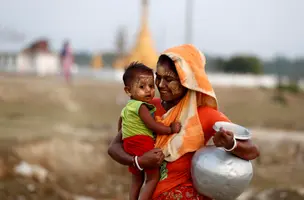
Statements
2020-11-11T09:34:32
Parliamentarians urge ASEAN to take greater action to resolve Rakhine crisis

Statements
2020-10-03T09:27:12
In new report, regional MPs identify how ASEAN can show leadership in Rakhine crisis
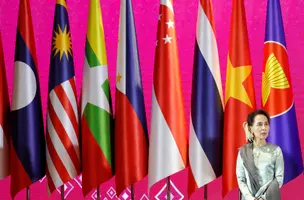
Reports
2020-10-03T08:09:47
ASEAN’s Rakhine Crisis: Assessing the regional response to atrocities in Myanmar’s Rakhine State
TOP
ASEAN Parliamentarians for Human Rights (APHR) was founded in June 2013 with the objective of promoting democracy and human rights across Southeast Asia. Our founding members include many of the region's most progressive Members of Parliament (MPs), with a proven track record of human rights advocacy work.
Copyright © 2024-2025 All Rights Reserved - ASEAN Parliamentarians for Human Rights (APHR)
Website by Bordermedia